Torsion springs are a type of coil springs designed to create torque when twisted. They are used in a variety of devices and machines to enable movements, store tension or perform certain functions. In this article, we will take an in-depth look at small torsion springs and provide you with a comprehensive guide to selecting and using these springs.
The different types of torsion springs
There are different types of torsion springs that have different properties depending on the application. Some of the most common types of torsion springs are:
- Type A: These torsion springs have a cylindrical shape and are the most commonly used variant. They offer high resilience and are available in different sizes.
- Type B: These torsion springs have a conical shape and offer a progressive pitch. They are often used in applications where consistent torque is required over a larger angle of rotation.
- Type C: These torsion springs have a double-conical shape and offer a linear or progressive pitch. They are used in applications where high flexibility and consistent torque are required.
- Type D: These torsion springs have a special shape and are often designed for specific applications. They can have a combination of different properties to meet the requirements.
Selection criteria for small torsion springs
There are several factors to consider when selecting a small torsion spring for your application. Here are some important criteria that can help you choose the right spring:
1. Resilience
The load capacity of a torsion spring depends on several factors, such as the material used, the wire thickness and the geometry of the spring. It is important to know the maximum allowable load to ensure the spring can withstand the demands of your application.
2. Torque
The torque of a torsion spring indicates how much force is required to twist the spring about a specific axis. Depending on the application, higher or lower torque may be required. Make sure the spring you choose can provide the required torque.
3. Material
The material from which the torsion spring is made affects its properties such as durability, corrosion resistance and elasticity. The most common materials for torsion springs are stainless steel, carbon steel and beryllium copper. Select the material according to the requirements of your application.
4. Geometry
The geometry of a torsion spring includes parameters such as wire diameter, winding radius and number of turns. These parameters affect the stiffness and torque characteristics of the spring. It is important to choose the right geometry to achieve the desired performance characteristics.
The correct use of small torsion springs
Proper use of small torsion springs is critical to achieving optimal results and maximizing spring life. Here are some important points to note:
- Montage: Make sure the torsion spring is properly installed and the necessary safety precautions have been taken. Check that the spring is correctly positioned and securely fastened.
- Burden: Avoid placing excessive stress on the spring as this may cause damage. Make sure that the spring is only subjected to the intended load.
- maintenance: Regularly check the condition of the torsion spring and carry out maintenance work if necessary. Remove any dirt, dust, or other contaminants that could affect spring performance.
- Life test: For torsion springs that are subject to greater stress, it may make sense to carry out a service life test under real operating conditions. This allows the lifespan of the spring to be better estimated.
Summary
Torsion springs are versatile components used in various applications to provide rotational motion or store tension. When selecting and using small torsion springs, it is important to consider the spring’s load capacity, torque, material and geometry. Proper use and maintenance will help you maximize spring performance and lifespan. If you are looking for a torsion spring manufacturer or supplier, please contact us. We offer high-quality technical springs for various industries and applications. Do not hesitate to contact us for further information.

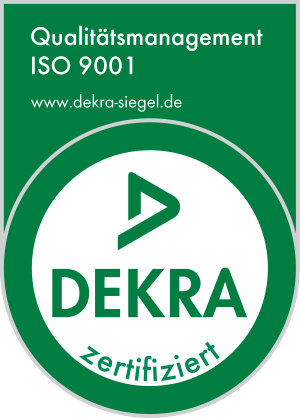
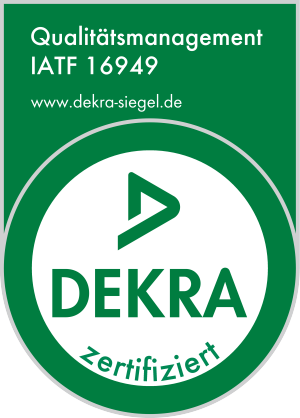
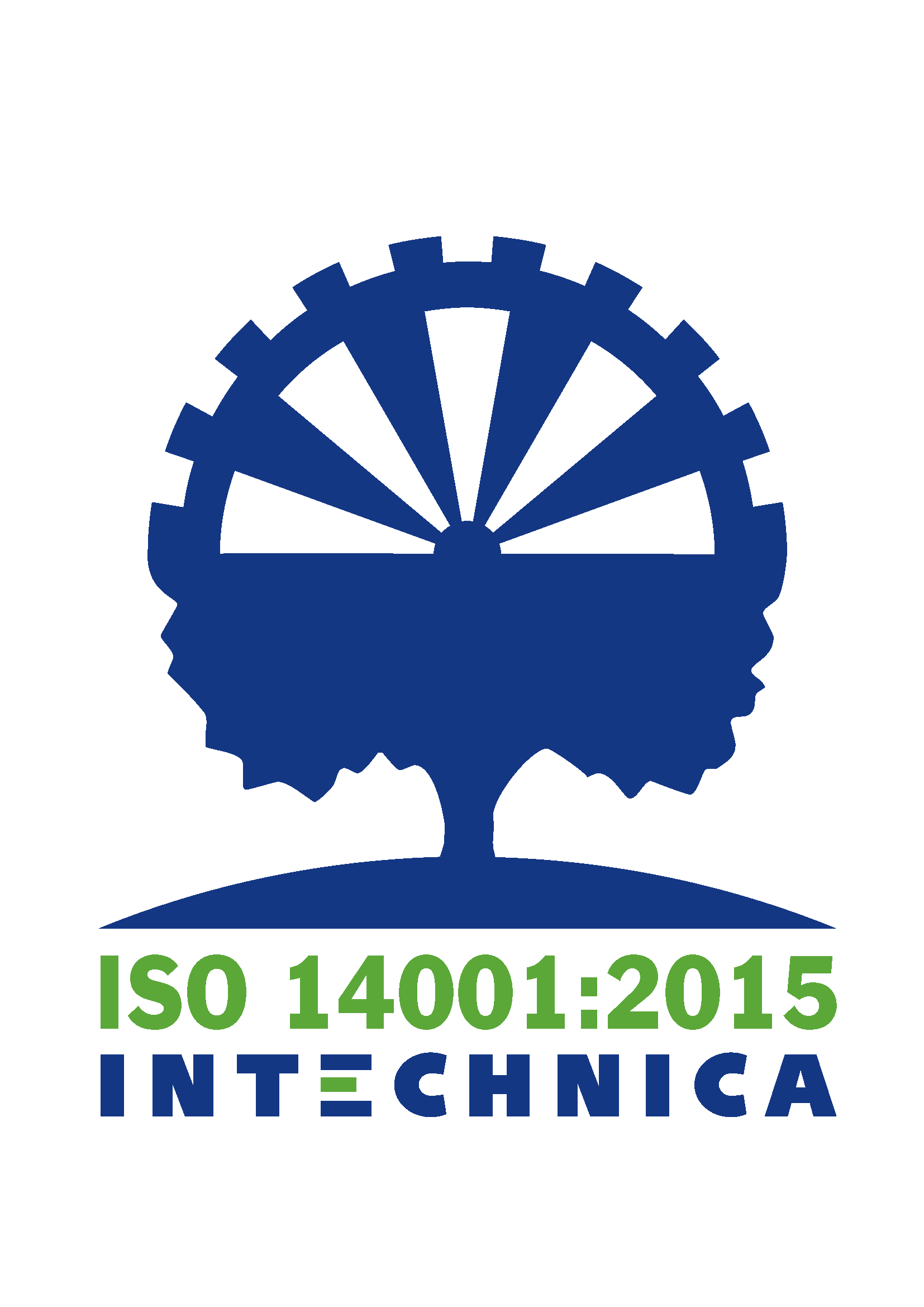

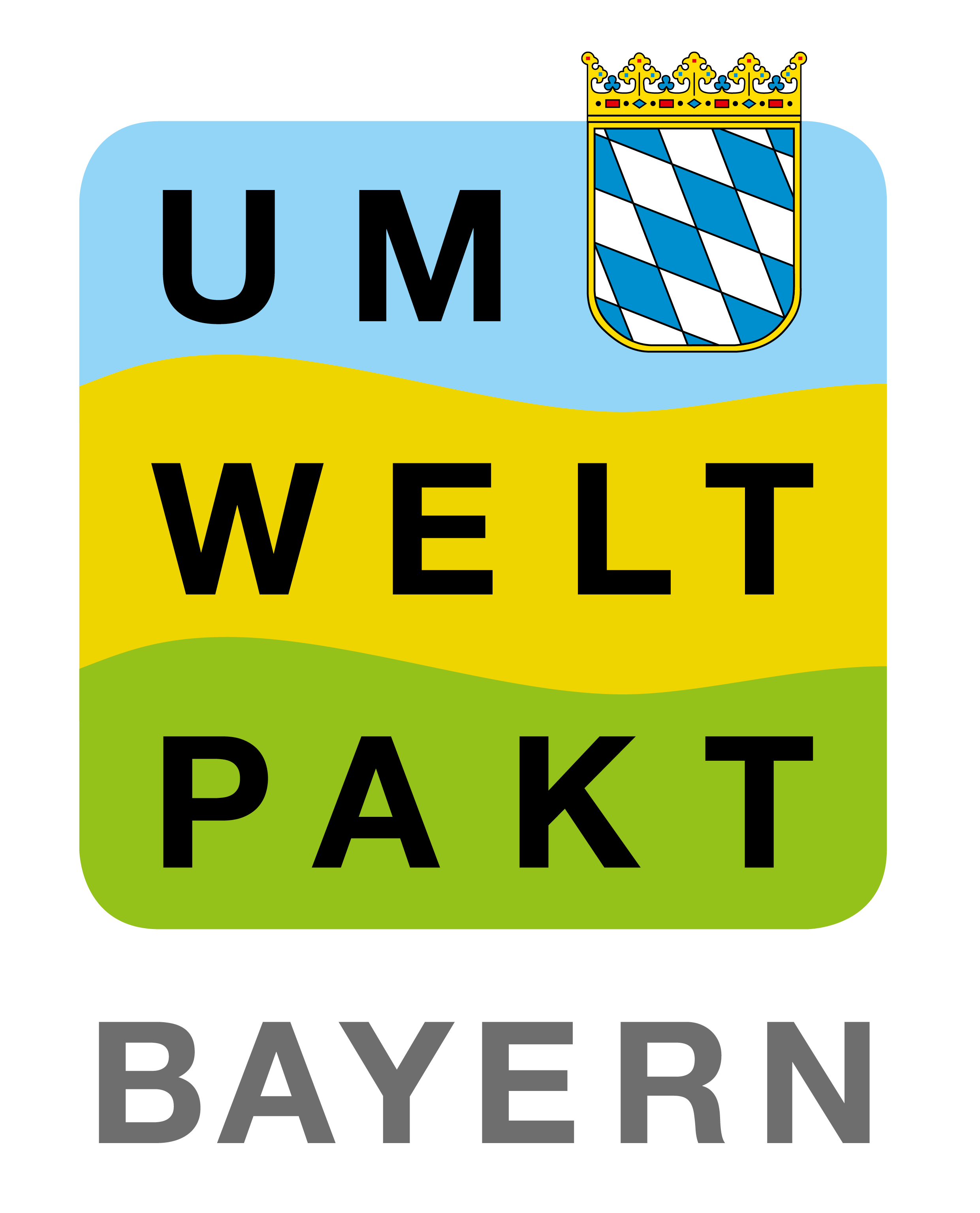
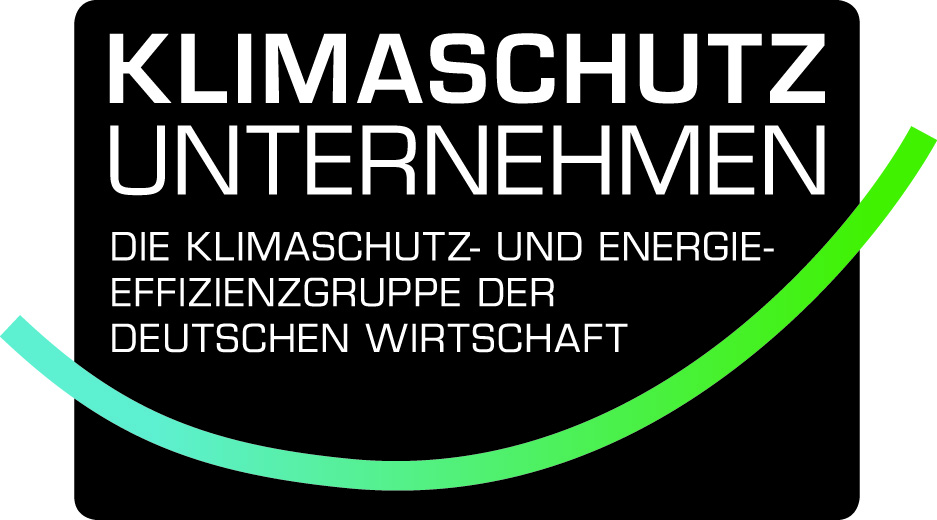


Leave A Comment